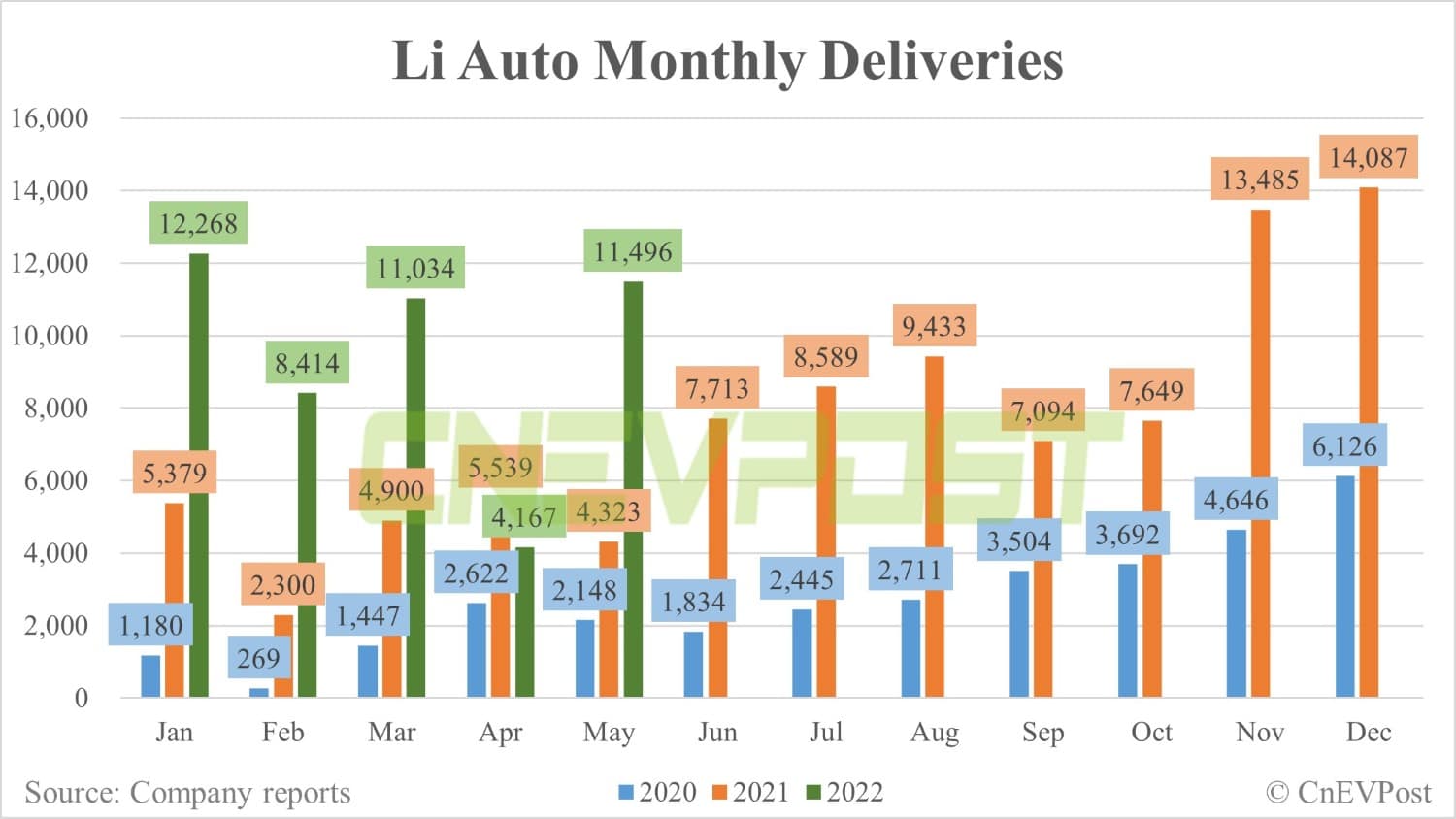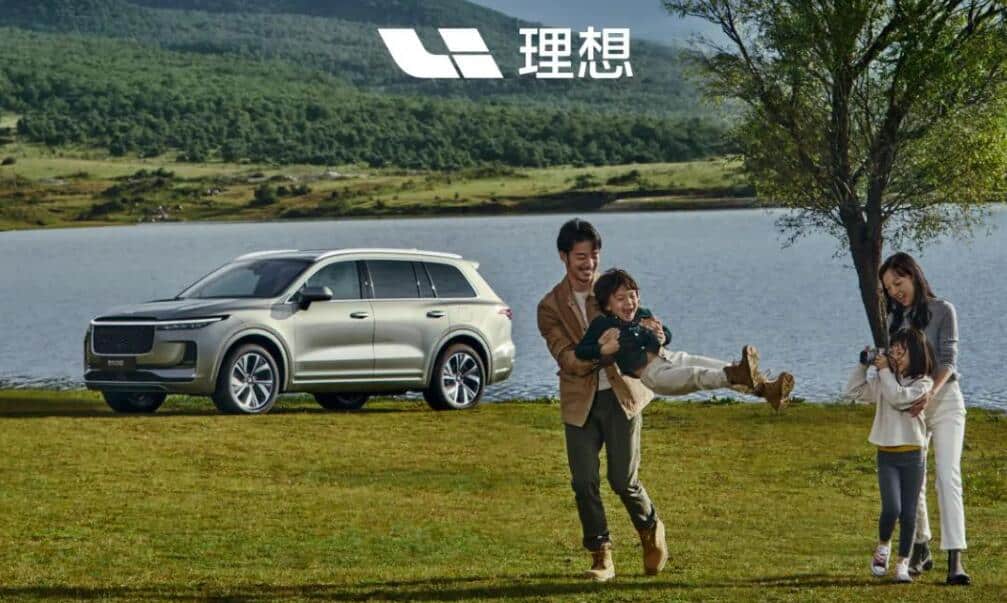Li Auto's parts suppliers in the Yangtze River Delta region have not fully recovered, and it continues to experience challenges with parts supply shortages, the company said.
Li Auto (NASDAQ: LI, HKG: 2015) has seen a significant rebound in deliveries over the past month, as the impact of Covid on its supply chain eases.
The company delivered 11,496 Li ONEs in May, its only current model, up 176 percent from April and 165.93 percent from a year ago, according to data released today.
Since the launch of the Li ONE in 2019, Li Auto has delivered a cumulative 171,467 vehicles, according to the company.
While the latest figures appear upbeat, Li Auto said the challenges posed by Covid to the supply chain remain.
"Although our parts suppliers in the Yangtze Delta region have gradually resumed production, they have not yet fully recovered and we continue to encounter challenges due to parts supply shortages," Shen Yanan, co-founder and president of Li Auto, said.
Li Auto's production facility in Changzhou, Jiangsu province, has not yet returned to normal production levels, which has caused it to experience delays in delivery to some customers, Shen said.
Li Auto is actively working with supply chain partners to restore production capacity with the goal of reducing delivery wait times for Li ONE customers while meeting all pandemic prevention and containment requirements, he said.
(Image credit: Li Auto)
Because of the impact of Covid, Li Auto delivered 4,167 vehicles in April, down 62 percent from 11,034 in March and down 25 percent from 5,539 in the same month last year.
The resurgence of the Covid-19 outbreak in the Yangtze River Delta since late March continues to cause severe disruptions in the supply chain, logistics and production across the industry, Shen said at the time.
Li Auto's Changzhou production site is located in the heart of the Yangtze River Delta region, where more than 80 percent of the company's parts suppliers are located, Shen said previously.
On May 27, local tech media LatePost reported that Li Auto had planned to sell 200,000 vehicles this year, but after a review, it lowered its target by 15 percent.
That's because the company believes it will not be able to sell as many cars due to this year's macroeconomic environment, according to the report.
As of May 31, Li Auto had 233 retail stores in 108 cities, as well as 253 service centers and Li Auto-authorized body and paint shops in 214 cities, it said.

